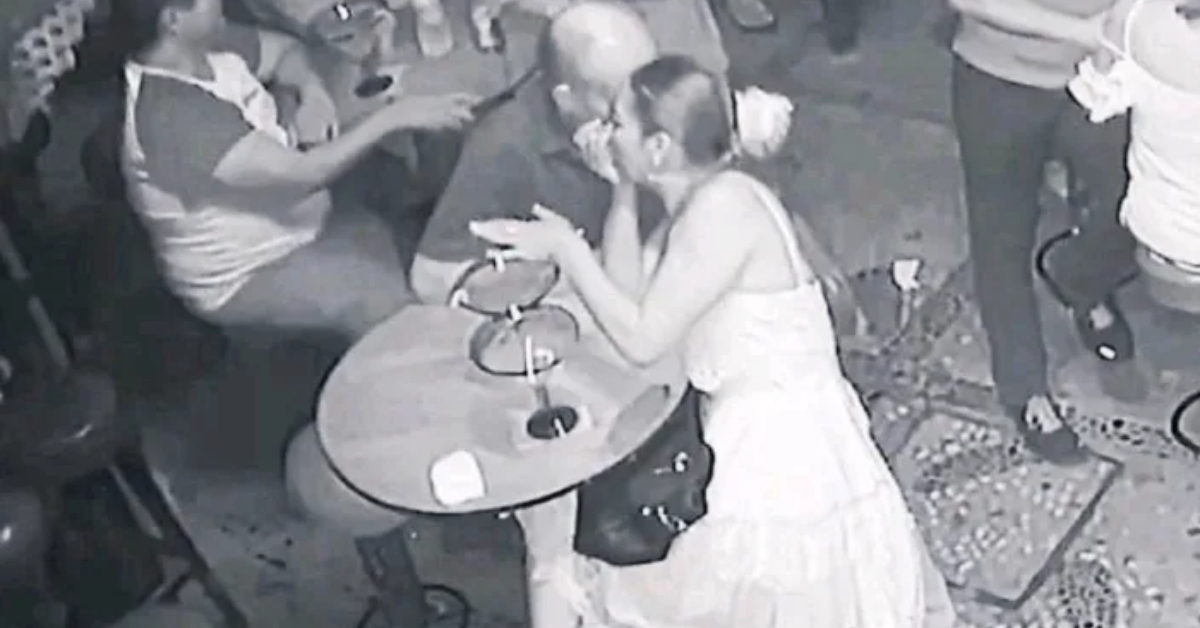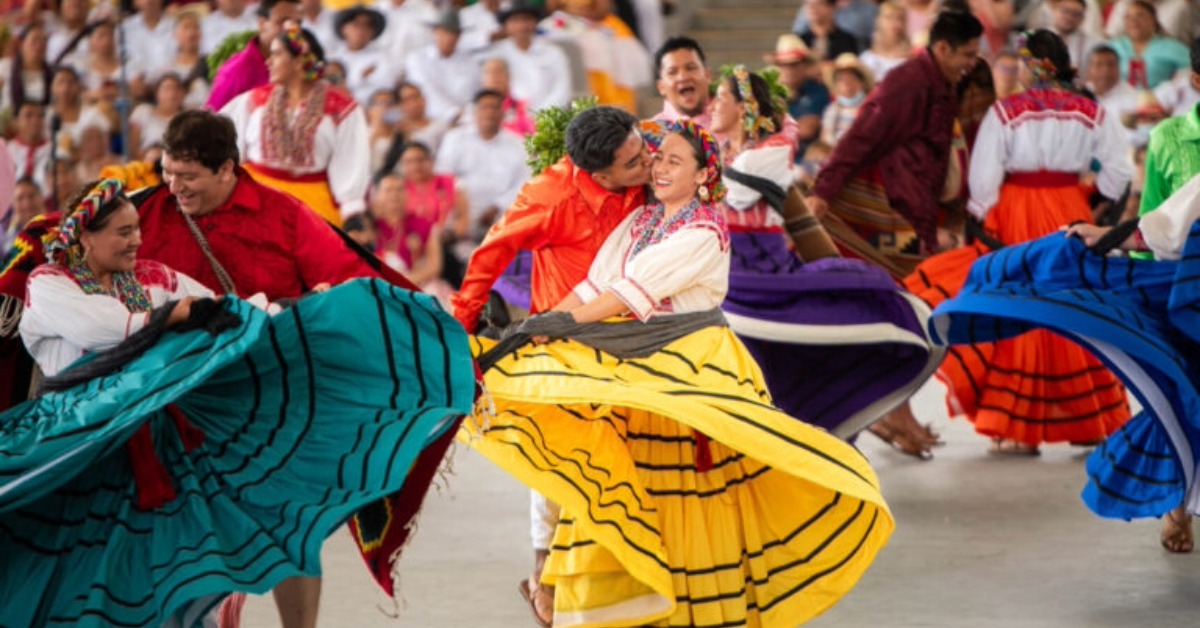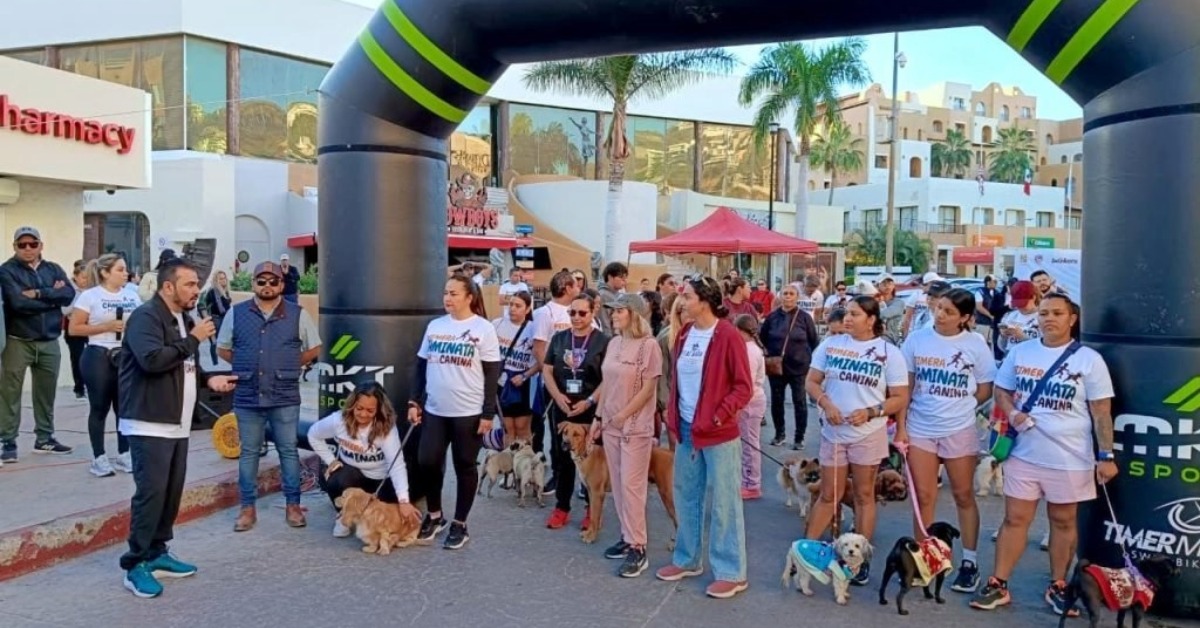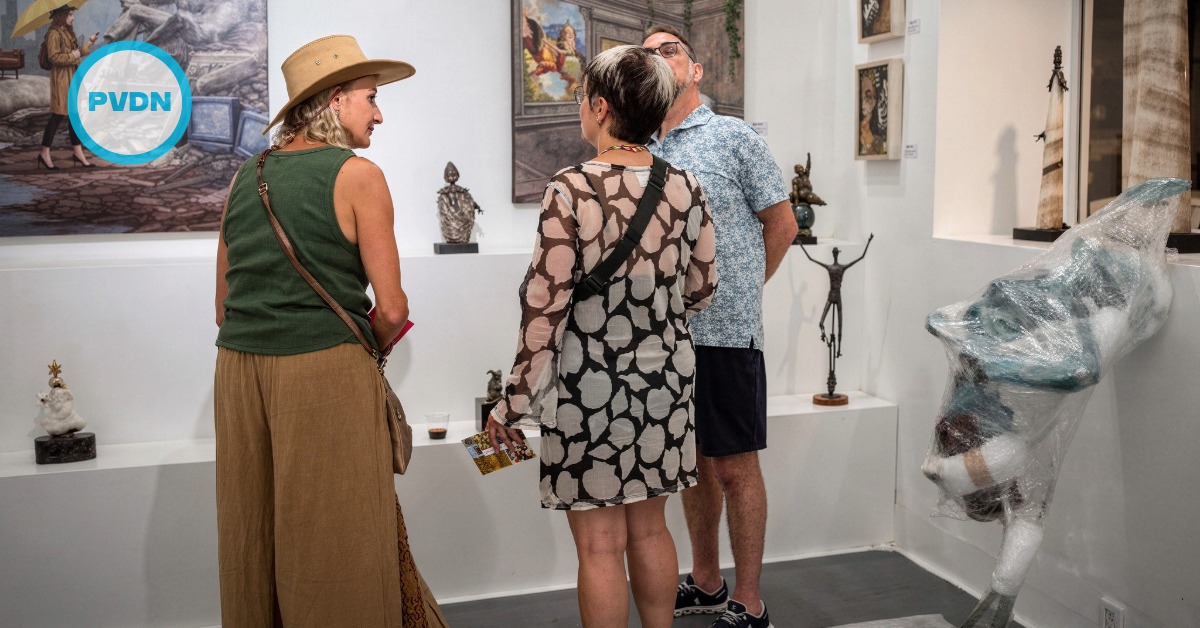On Oct. 27, 2018, 68-year-old Canadian Malcom Madsen disappeared in Puerto Vallarta, Mexico, having last been seen at a bar with his girlfriend, Marcela Acosta Ramos.
The documentary, Malcom is Missing, takes you inside his daughter's journey to find out what happened to her father.
Madsen was a frequent traveller to Mexico, described by his friends and family as someone with a "child-like spirit" but also "incredibly intelligent."
His daughter, Brooke Mullins, was used to her dad having different partners throughout her life, but admits in the film that . . .






